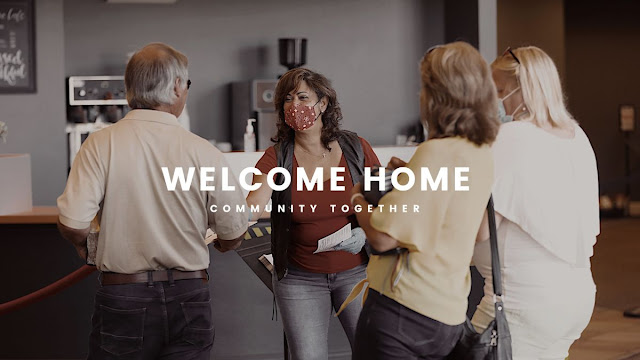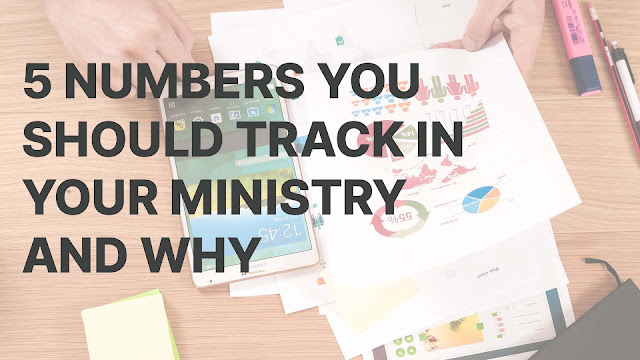How to Have an Easter Egg Hunt Part 1
I’ve led over 10 Egg Hunts throughout my career and perfected my system to reach hundreds of kids and families at Easter. I know this system could work for you because of what happened last year.
Last year, my previous church decided to do an Egg Drop. They wanted to fly in a helicopter and drop the eggs on a big field. Essentially it’s the same as an Egg Hunt except the egg distributors are 300 feet in the air.
Since I left that church at the end of February, I did a lot of the groundwork to set them up for success. One of the last things I gave them was my to do list. By the time Easter weekend rolled around they had hundreds of families show up and the event was a huge success.
I pray the same can be true for you.
In this series of posts, I’m going to share my system with you. If you leave me a comment with your email, I’ll share my to do list that will walk you through every step. You can skip to part 2 here.
How to have an Egg Hunt.
1. Start early and work on the big picture.
I usually start planning my Egg Hunt in January, but it’s not too late to start now. As with any event, you need to define your why. Why are you holding this event? Is it outreach? Is it for your people? Have you always done it? Does it continue to be successful? How can you improve?
If you’ve never done something like this before, what do you hope to accomplish? Are there other churches, maybe bigger ones, doing one? Will you do it at the same time? different time? different day?For years, I held my Egg Hunt the Saturday before Easter. The hope was to invite people back to Easter the following day. It did accomplish that goal; however, I would spend so much time and energy preparing for Saturday that I didn’t have anything left for Easter Sunday.
So, I moved my Egg Hunt to Palm Sunday weekend. It worked just as well and people still came to church on the following Sundays. For many communities, Easter is a weeklong event. You can move it around to fit your church.
After I decided on the date, time, and location of my event, I’d reach out to our graphic designer to get the look for the year prepared. For many years, I didn’t have a designer, so I made my own. However, this was just one more thing in my busy schedule to do and getting someone with more talent and skill really took my game to the next level.
2. Order everything you need.
After you’ve figured out the big wins, the date, time, and location, it’s time to think about how many people will come and make your plans.For the first few years we would stuff our own eggs. Then I was delivered.
I’m joking, but just a little.
When you stuff your own eggs, you’re probably buying brand new ones or you’re digging them out of some dusty closet you haven’t touched in a year. You then have to clean them, get candy donations, and stuff them. This takes hours and is labor intensive.
Now I buy pre-stuffed eggs. It is an expense, but with the time and effort I explained above, it’s worth it.
Being a math guy, I figured if every kid could get 10-12 eggs on average, they’d leave happy. Then taking my best educated guess at how many kids would come, I ordered that many eggs.
The eggs are the most important item, but there are other things you can order at this time. Things like
- Porta potties
- Wristbands
- Advertising banners
- Other print materials
- Inflatables
3. Plan your service.
Egg Hunts can be so much more than just grab some eggs and go home. In fact, if that is all your event is you’re missing out on a great opportunity to get your message out.For my egg hunts, registration would open at 10am, but the hunt didn’t begin until 10:30. In the meantime, I’d have several inflatables open for the kids to play.
Around 10:30, I’d shut down the inflatables and call everyone to my stage. At that point I’d present the Gospel in a fun Family Experience (FX). These ranged from 10 -30 minutes.
After the gospel message and announcements, I’d start the hunt.
I found that having one big hunt zone where different age groups search at different times worked better than having them go all at once in different areas. Doing one big zone allowed parents to watch/participate with all their kids instead of having to choose.
In between the hunts, I’d do another activity on the stage. It could be a game involving kids and parents (dads are a plus!), a sketch, a song, just something to keep them occupied while the volunteers set up for the next hunt.
To help kids know when they’re hunting, I’d assign Tyvek wristbands to each age group. Instead of saying it’s time for 3-4 graders to hunt I’d just say it’s time for kids with yellow wristbands to line up. I saw a lot less cheating and confusion doing it this way.
After all the hunts are over, it’s close to 12. I would have already turned the inflatables back on, but I’d thank everyone for coming, give out prizes, and invite them to Sunday. By 12pm, I’d have volunteers start to clean up leaving the inflatables and the music for last.
After all is said and done, we’re home by 2pm.
4. Recruit for success
There can be a lot for the registration people to do, so my biggest team was registration. In addition, I’d have people in charge of distributing eggs, guarding the zone areas, running inflatables, parking cars, and giving out prizes.
In addition to these volunteers, you’ll need people to serve on the stage, sound technicians, photographers, and videographers.
If you have the right team with you, your event will be that much more of a success. I usually started recruiting in February for my top leader positions and continued to recruit up to the week of the event to get all my spots filled.
Hosting an Egg Hunt is an easy, cost-effective, and volunteer light outreach event that can make a big impact in your community. However, you can’t start the week before and hope it’s a success. Start early and make a plan. God works in the planning as much as he works on the day of.
In my next post, I talk about advertising and the set up in the weeks leading up to the event. You can read that here.
If you’d like a copy of my to do list, leave me a comment with your email, and I’ll be happy to share it.













I’d love your list! Thanks! pastorkayla@journeychurch.cc
ReplyDeleteI’d love to know what stage/gospel presentations you have done as well as any games you did on stage. Laurabros8@gmaol.com
ReplyDelete